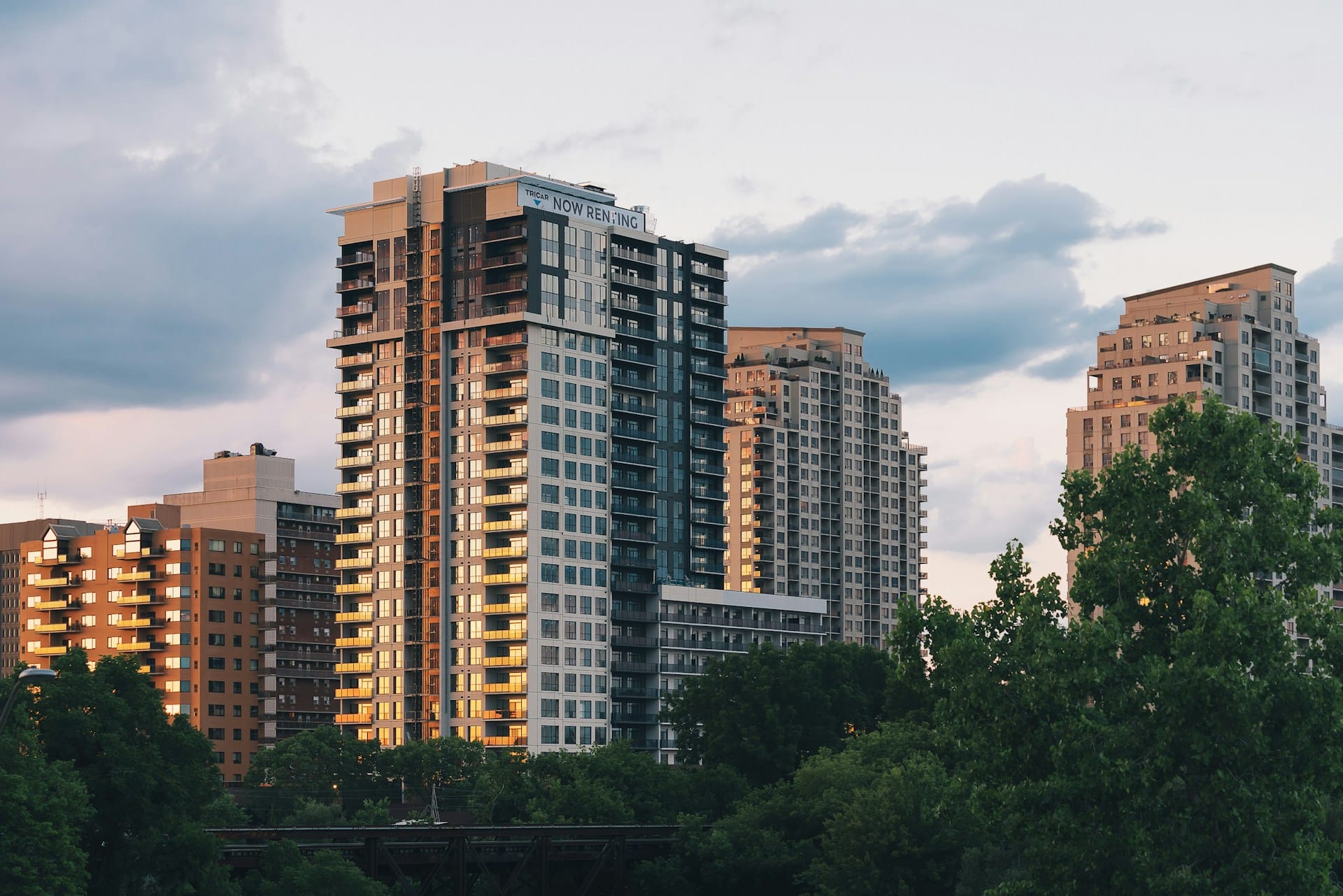Encouraging London to adopt the Blue Bin recycling program was TREA’s first environmental campaign.
Milestones in TREA’s History
2020s
• 2022-2023 – TREA steps back to work through Covid-19 constraints and rebuild from the setback
• 2021 – TREA finalizes an online waste free curriculum and final steps to establish a tool lending library with Reimagine Co
• 2020 – TREA organizes an online series of How-To workshops taking action on climate change, develops waste free materials given Covid-19 impacts capacity for any summer festivals to run or offer Ecostations, and continues adding to the Green Directory.
2010s
• TREA carries its agenda on composting, transportation and reduction of fossil fuels in the community including continued campaigns to reduce vehicle idling.
• 2019 — TREA gets more involved with local food issues, continues its waste campaign to neighbourhoods and moves forward on plans for a London tool lending library.
• 2019 — TREA’s Bicycle Festival after 30 years winds down, London Celebrates Cycling evolves. TREA continues its cycling message supporting CAN-Bike London Cycling training and Big Bike Giveaway events.
• 2017-2018 — TREA establishes a pollinator garden, introduces multi-cultural workshops to newcomers and starts to visit neighbourhoods to discuss waste issues. TREA also initiates an online Christmas silent auction.
• 2017 —TREA revisits the Green Directory, and investigates homesteading.
• 2014-2016 —TREA spearheads a number of new projects including a series of composting videos and workshops, sells composters and rain barrels, trials a workplace waste audit, and updates TREA’s compost demonstration site.
• 2013 —TREA helps LondonSoup micro funders to support local food projects.
• 2012 —TREA helps with the City’s endorsement of a Physical Activity Charter policy, as a member of MLHU’s Healthy Communities Partnership policy team.
• 2012 —TREA spearheads an online consumerism curriculum with schools.
• 2011-2013 — Runs numerous workshops on renewables, conservation, district energy, energy efficiency, green roofs, lighting, zero footprint homes, gardens.
• 2011 —TREA supports a clothesline campaign, and a solar water thermal site.
• 2011 —TREA shares a member’s 100 mile diet experience, facilitates local food workshops, supports retailers on local and organic, sells fruit/veggie bags.2011-2012 —Attends City neighbourhoods, Civic Engagement TF meetings.
• 2010 —TREA signs on to help startups of the L.O.O.K. EcoFest, Transition Town London, and the InMotion Challenge that was facilitated by the City and MLHU.
2000s
• 2008 —TREA starts delivering ‘Greening of the Festivals’ with the City and Home County to reduce waste and oversee volunteers/vendors to help with composting/recycling at downtown festivals. This work received several awards.
• 2007 —TREA partners with the Plastic Bag Project and Waste Free World programs including films, speakers, campaigns, helps with Farmers Food Map.
• 2006, 2007 —TREA delivers a ‘Budding Opportunities’ forum with 40 green group representatives to discuss capacity building, networking and volunteers.
• 2004-2006—under the federal government’s One-Tonne Challenge banner (TREA reaches 25,000 citizens), with outreach and delivery of 14 projects with retailers, day cares, workplaces, youth groups, schools, and neighbourhoods.
• 2004 —TREA organizes a ‘Your Health and a Changing Climate’ conference with focus on curriculum, health impacts and community policy, with Western.
• 2003 — TREA creates: a demonstration sites for food gardens, groundcovers, and composting, and delivers a number of compost programs and trainings.
• 2003-2004 — TREA delivers London’s first air quality agenda, “Do Your Share for Clean Air” with a baseline survey and promotion of 12 organizations involved with energy/air issues and federal initiatives, reaching 30,000 citizens.
• 2001 —TREA supports the startup of a regional Active and Safe Routes to School program, followed by the spearheading of CAN-BIKE safety training.
1990s
• Since the 1990s, TREA volunteers have presented environmental topics to schools ranging from vermicomposting to global issues to energy conservation.
• TREA encourages composting in London by facilitating its Master Composting training program engaging community trainers with community. In the early 1990’s, TREA sells nearly 2900 composter bins locally. (The City later sells recycling bins, in 2000s starts to sell compost bins, both continue to this day).
• TREA participates with planning of events including yearly spring cleanups with Clean and Green London, composting with London Composts, and earlier pesticide campaigns as part of the London Coalition Against Pesticides.
• July 1992 —TREA moves from Bishop Cronyn Church Hall downtown to its current office and meeting space in Grosvenor Lodge, a heritage building found at 1017 Western Road. TREA members join City advisory committees.
• 1992 —TREA takes on pesticides, water bottles, CFC’s, and global warming.
• 1992 —TREA and Mapmakers present London its first walking/biking print map.
• 1991 TREA runs yearly Bike to Work Week (June) downtown, a week long program.
1980s
• TREA initiates working groups including waste, TREA TALK, social equity, transportation, treeplanting, land protection, education, pesticides, Green Directory, membership, outreach, global issues, governance, political action.
• TREA takes an active role in various Ontario Environment Network caucuses.
• November 1989 —London Council unanimously votes for curbside recycling.
• October 1988 —Over 7,000 sign TREA petition to adopt a recycling program.
• June 1988 —Recycling Rally in Victoria Park attracts more than 1,200 citizens.
• March 1987—current name adopted, incorporation completed later in 1989.
• November 1986 —founding meeting organized by James Madden, Tella Sametz-Madden, Henry Stam and Maria Stam at Hamilton Road Public Library.

